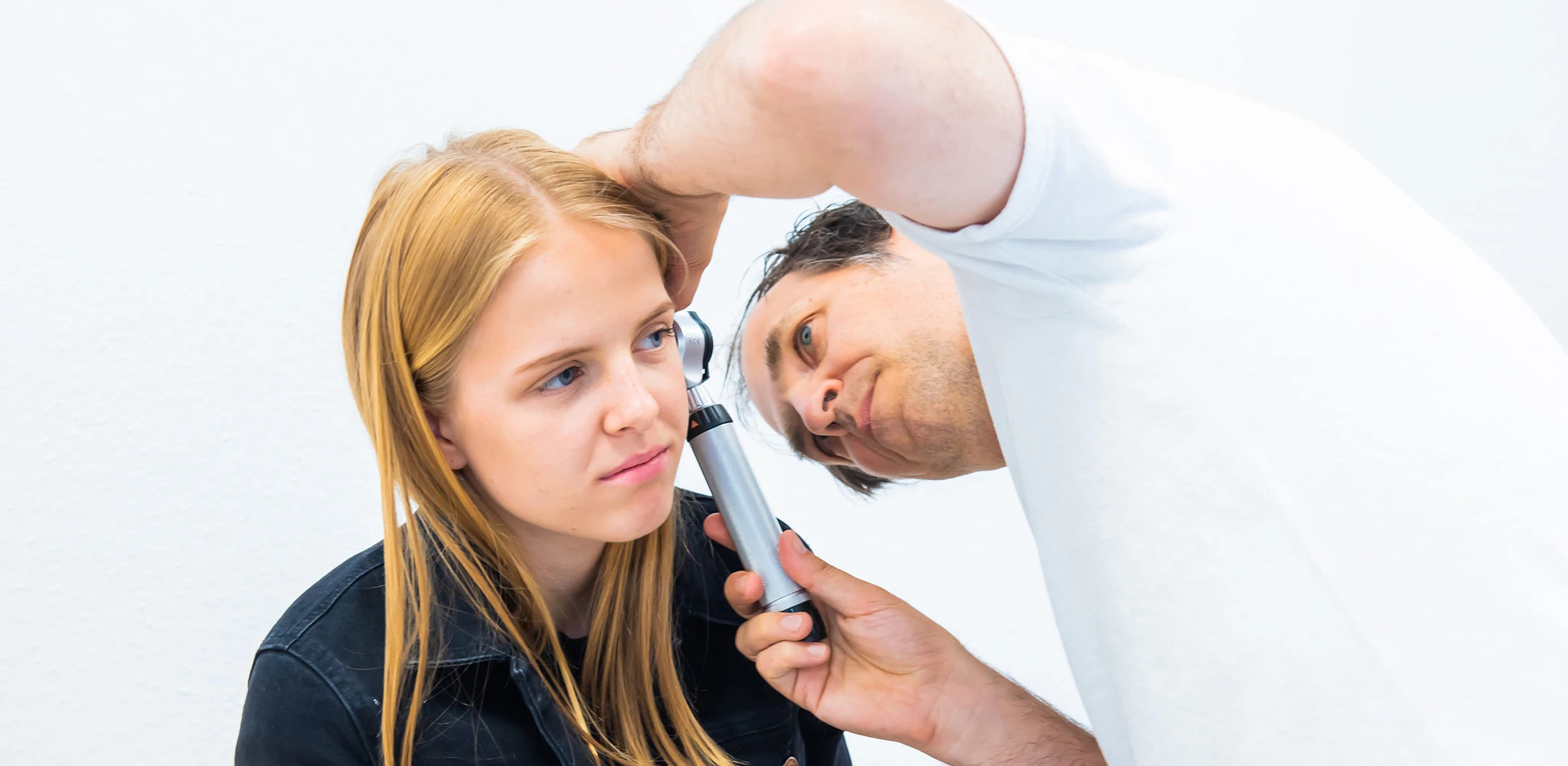The big crawl
This will not be an excursion into the realm of insects, crawling is at least as big an issue for parents of small children. Two questions always take centre stage: When should a child crawl? And does a child have to crawl at all?
On the first point: Most children start crawling at six months at the earliest and at ten to 12 months at the latest. On the second point: crawling is not actually a developmental milestone, i.e. not something that every child goes through automatically. The Swiss paediatrician Remo Largo conducted a major study in which he was able to show that around ten percent of all children in a given year do not crawl, but that this has absolutely no negative impact on the child's further mental development.
This is important because you can still read from time to time that it is bad for a child not to crawl because this would have a negative effect on brain networking. But there is definitely no evidence of this! It therefore makes no sense for parents to kneel on the floor next to their child and try to pretend to crawl.
Normally, this urge to move arises all by itself. And around 90 per cent will do the classic crawling, while others may slide around on their bottom or push themselves around.
Overall, it is simply important that a child starts to become mobile and move around more between nine and 12 months. At this point, I would also like to point out that it is particularly important to make the home really childproof. There should be no things lying around that a child could swallow, any stairs must be secured, etc.
Important for you: If your child does not show this urge to move at around ten to 12 months, this would be a reason to go to the paediatrician. But just because your child isn't crawling doesn't mean you should be worried.
Further interesting tips
Blood test
Parents keep asking if we would like to do a blood test on their child. There are two main things to say about this.
Hives
The technical term is urticaria, the common word is nettle rash. This is appropriate because the children look as if they have fallen into a bed of nettles.
Foreskin constriction
You can twist and turn it however you like: this topic cannot be presented in a gender-appropriate way. It's about foreskin constriction.
